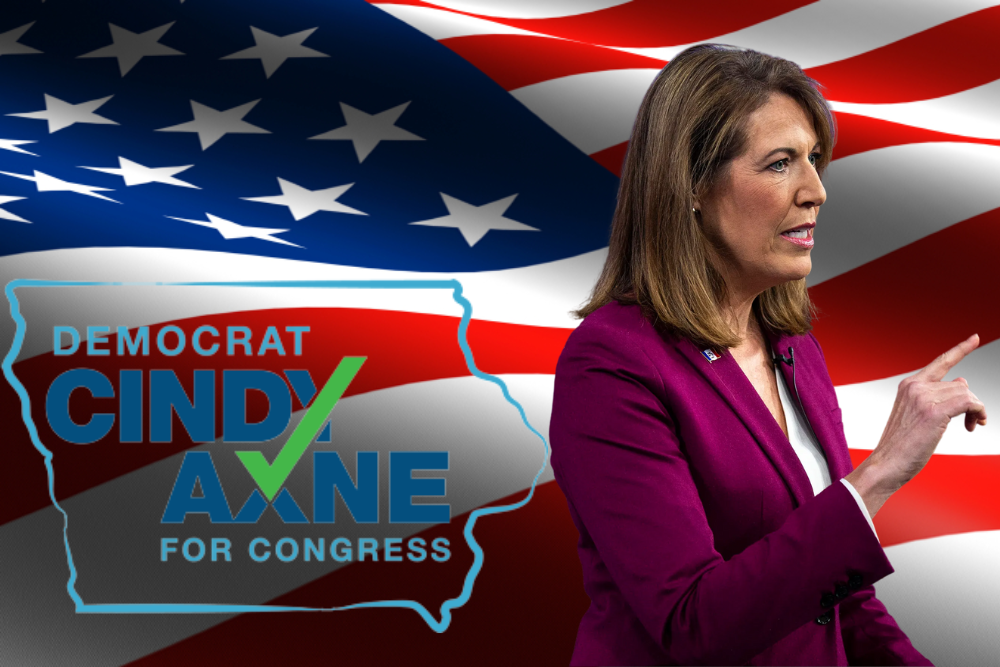Today, Rep. Cindy Axne (IA-03) announced that she is co-sponsoring bipartisan legislation in the U.S. House of Representatives to encourage investment and repairs of homes in distressed neighborhoods.
“Homeownership is such a critical part of how we live and build wealth, but right now it’s very difficult for Iowans to find an affordable home to buy. One reason for that is the cost of remodeling or building a home is sometimes higher than what it would sell for,” said Rep. Axne. “The last thing we need are homes sitting vacant because it’s too expensive to remodel them. This legislation would help close that gap, and ensure we have more supply of truly affordable homes — especially for Iowans looking to buy their first home.”
In many areas, the cost of purchasing and renovating a home is greater than the sale price of typical homes, commonly known as the “value gap”.
The Neighborhood Homes Investment Act (NHIA) would create a tax credit to close that value gap, covering the difference between the cost to build the home and the price at which it’s sold.
The legislation would provide $2 billion per year of tax credits to cover up to 35% of the costs of building or remodeling homes, targeted at areas with lower home prices and incomes. Tax credits would be allocated to each state, with Iowa receiving about $200 million of tax credits over the next 10 years for redevelopment.
The tax credit would be available only after the home is sold to a homeowner, and could be sold for no more than four times the area median income. The buyer must use the home as their primary residence, and if they resell the home within 5 years, would have to give up some of their profit on that sale.
The NHIA is estimated to lead to the revitalization of 500,000 homes nationwide, and could create more than 650,000 jobs and $100 billion of development revenue over the next 10 years.
A map of eligible census tracts that could receive NHIA funds is available here.
The NHIA has the support of Habitat for Humanity, Housing Assistance Council, National Alliance of Community Economic Development Associations, National Association of Realtors, National Housing Conference, Prosperity Now, and Up For Growth Action.
Original source can be found here


